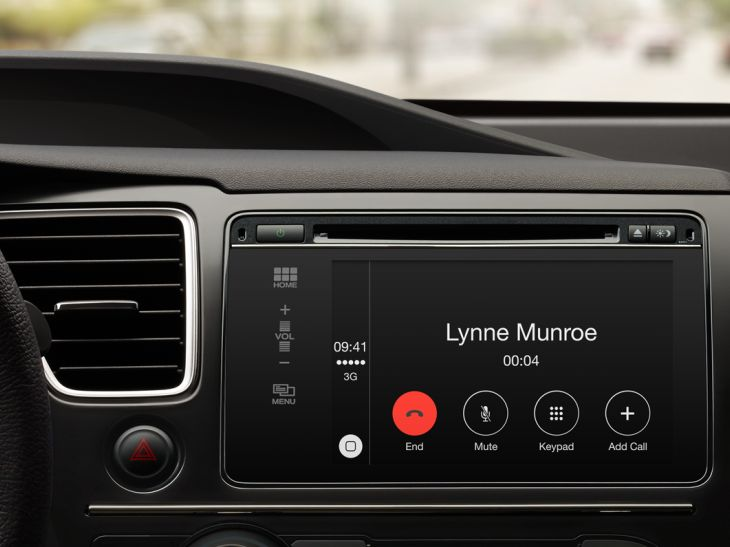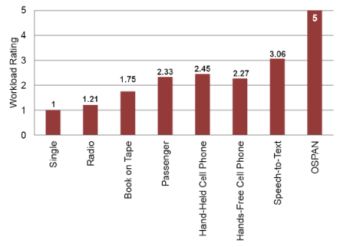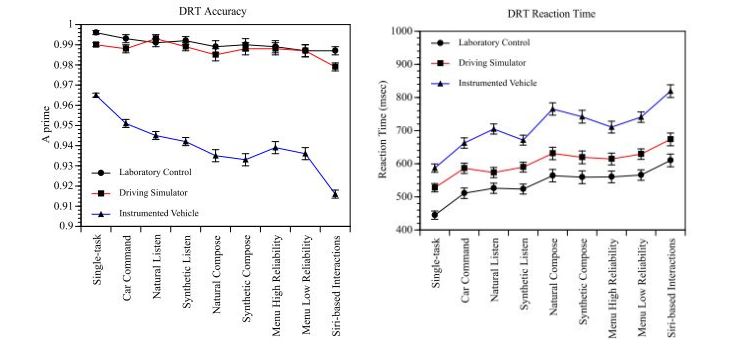Speech to text rates high on list of in-car distractions

Picture credit: Apple
Voice-activated technology is at the core of many of today’s connected car implementations, but new research finds it to be one of the top distractions for drivers.
 The recent study from the Automotive Association of America Foundation for Traffic Safety uses several ranking factors to compare speech-to-text technology with other tasks that might take a driver’s focus away from the road.
The recent study from the Automotive Association of America Foundation for Traffic Safety uses several ranking factors to compare speech-to-text technology with other tasks that might take a driver’s focus away from the road.
Using what the AAA has dubbed a “workload rating”, speech-to-text was found to be more of a distraction than the likes of a recorded audio book, a radio, another passenger and even a hand-held cell phone.
OSPAN more of an interference
Speech-to-text technology was rated as a 3.06 compared to the one that was given to a driver being on his own with no distractions. The only task that rated higher was operation span (OSPAN) with a five.
Operation span asks subjects to perform a simple mathematical equation, for example 3X4+7, and then read a word before undergoing a recall test following a number of verified or read pairs. The maximum number of words that can be recalled is the operation span.
Tests of voice-activated tech consisted of using NaturalReader 10.0 to read incoming text and email communications. The system used was said to have “perfect reliability”, so there was no need for driver input that ordinarily might require them to review, edit, or correct inaccuracies.
Although NaturalReader is not as recognised as some of the other technologies available in the connected car space, the AAA did test Apple’s own personal assistant Siri that has a build-in dictation feature.
Struggling with Siri
Siri was compared with a number of other voice-activated environments including car commands to alter a vehicle’s environment along with a simulated email and text messaging service where a driver listened and composed communications.
Three experiments were performed by the AAA in differing environments. There was a baseline assessment where participants were sat in front of a computer screen, a driving simulator and an instrumented vehicle driven through a city’s residential area.

In all three of the experiments Siri-based interactions underperformed, falling behind all of the other test environments for both accuracy and reaction time. The result likely be cause for concern at Apple as it goes in search of manufacturer partners for connected car system CarPlay.

Leave a comment
Alternatively
This will only be used to quickly provide signup information and will not allow us to post to your account or appear on your timeline.